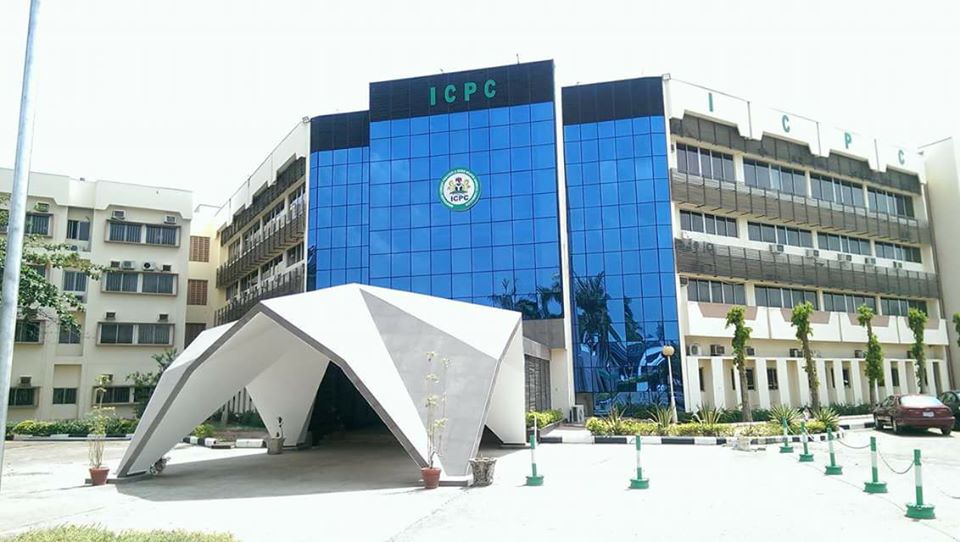The Permanent Secretary, Power Sector of the Federal Ministry of Power, Works and Housing, Mr. Louis Edozien has said that anti-corruption agencies were established to ensure the development of Nigeria by curbing corruption which is a great impediment to development.
Mr. Edozien, who was represented by Director, Power Sector, Mrs. Bolatito Obisesan, mni, made the observation at the Consultative Forum organised for members of Anti-Corruption and Transparency Units (ACTUs) nationwide.
The Forum was organised through the joint effort of the Independent Corrupt Practices and Other Related Offences Commission (ICPC) and the Office of the Head of Civil Service of the Federation (OHCSF).
The Permanent Secretary maintained that the great concern about the adverse effects of corruption on the development of the country led to the establishment of anti-corruption agencies.
He advised members of ACTUs to be exemplary in their fight against corruption in order to create and sustain a corruption-free and transparent work environment in all government establishments.
In his goodwill message, the Acting Chairman of ICPC, Honourable Bako Abdullahi represented by Mr. Justin Kuatsea of the Corruption Monitoring and Evaluation Department (CMED) said the forum was an avenue for bringing together some critical stakeholders in the anti-corruption fight.
Appreciating the role played by OHCSF in initiating the forum, the ICPC boss said ACTUs were growing stronger in spite of the challenges some of them face in their respective organisations.
He also commended OHCSF for issuing the circular that mandated Ministries, Departments and Agencies (MDAs) to create budgetary allocation for the operations of ACTUs; and the further directive that members of the unit should be represented in both Junior and Senior Staff committees, Public Procurement Committees and Technical Board Evaluation Committees as observers.
Honourable Bako advised ACTU members to be conscious of the mandate given to them and urged that they should always remind the Accounts and Finance departments of their respective organisations to include the Unit in their annual budget proposal.
He urged them to make useful contributions that would further enhance the success of ACTUs nationwide.
In his address, the representative of OHCSF, Director of Special Duties Office, Mr. Olowoofoyeku J. Olusoji, noted that the purpose of the event was the sharing of knowledge and experiences among ACTUs in the fight against corruption. He therefore used the opportunity to urge members of the ACTUs to play their part and also work together to promote ethical standards in the Civil Service.
The representative of the Director General of Bureau of Public Procurement (BPP), Mr. Mansur Mamman delivered a paper titled “The Role of ACTU in Public Procurement Procedures”.
In his paper, Mr. Mamman explained that it was important to have members of ACTU serve as observers in the procurement process because they would enhance the transparency and accountability of the process particularly when they are procurement officers.
To him, this would ensure that contracts of projects awarded by government were being properly monitored and implemented, and thus reduce corruption.
At the end of the forum, a suggestion was made that a workshop should be organised by ICPC in collaboration with BPP to equip members of ACTUs with necessary information and skills that would help them serve as observers in procurement exercises.

